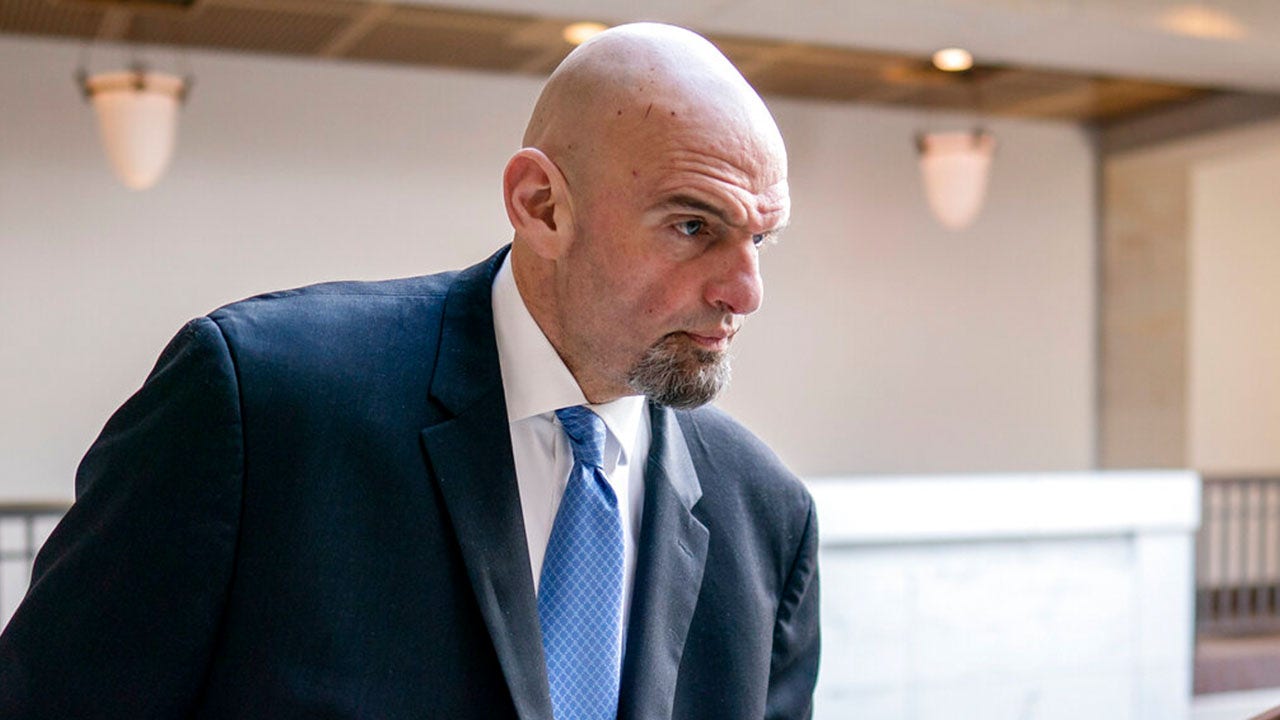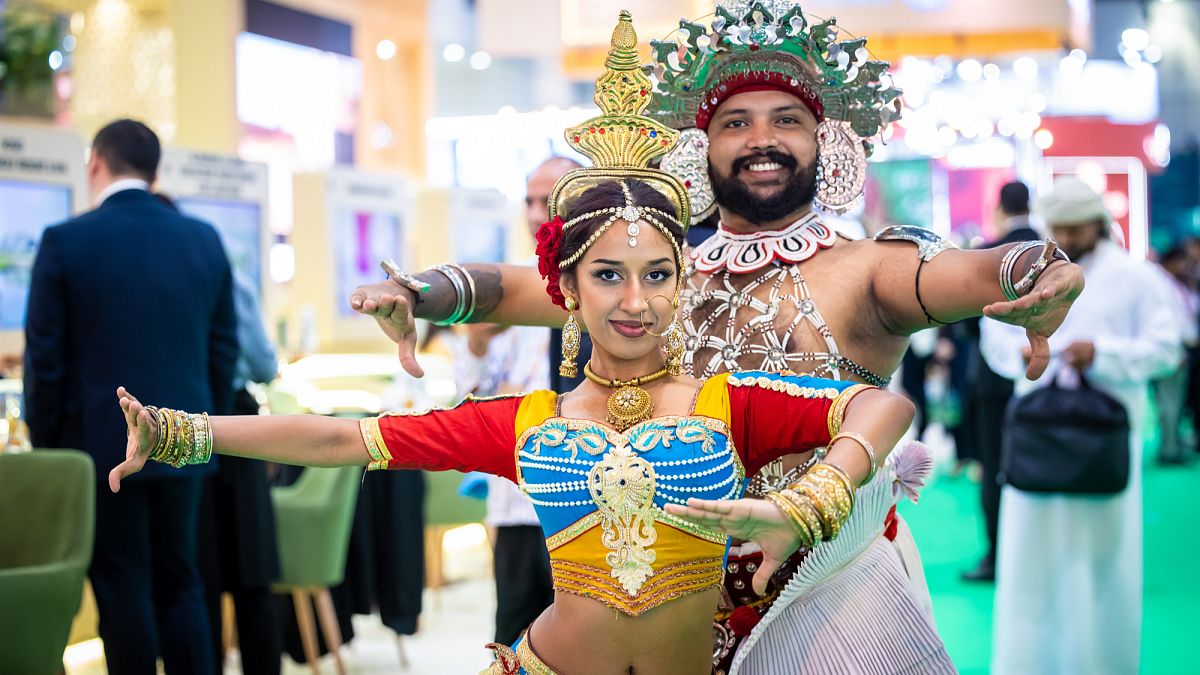Four days of discussions and presentations highlighting emerging travel trends and ambitions at the Arabian Travel Market (ATM) came to a close yesterday.
Taking place at the Dubai World Trade Centre, the Middle East’s leading travel and hospitality trade show is expected to have welcomed a record-breaking number of visitors, up from 46,000 last year.
Tourism boards, airlines, hotels and tech providers from across the globe, as well as ministers, executives and entrepreneurs, were in attendance.
Here’s what the experts say is in store for the future of worldwide travel.
Connectivity is at the core of the travel industry
The 32nd edition of ATM saw a diverse roster of panel talks, networking events and exhibitions spanning sectors from aviation and accommodation to wellness, hospitality and MICE (meetings, incentives, conferences and exhibitions).
This year’s theme, “Global Travel: Developing Tomorrow’s Tourism Through Enhanced Connectivity,” set the tone for a programme focused on how the industry can adapt to changing expectations.
Jonathan Hesty, portfolio director for RX Global, organiser of ATM, said connectivity is “hugely imperative to all of us, not just organisations and destinations, but us as travellers as well.”
“A connected industry allows people to move around the world, to experience new destinations they may never have been to before, to learn about new cultures,” he added.
“From an industry point of view, it gives a chance for people to connect to new customers, to help new people experience the delights that we have on show here at ATM this week.”
Sustainability is a cornerstone of the travel sector
One overarching topic of the week was sustainability, which Hesty described as the “cornerstone of our content programme”.
Sessions covered myriad aspects of green travel, including regenerative and responsible tourism, food waste in hospitality, and how to form a circular economy to try and minimise the carbon impact of the industry.
“We’re delighted to provide a platform for the industry to talk about it, to share and to work out strategies to reduce the carbon impacts of the industry,” said Hesty.
A spokesperson for Dubai Holding Entertainment, which operates some of Dubai’s most iconic attractions and family destinations, described sustainability as “a very important pillar of our organisation”.
“We have assets where we offer experiences to families, and we believe that it is very important to teach new generations about sustainability,” the spokesperson said.
“We have very specific programmes about energy savings and waste management. We have an amazing attraction called Green Planet that is all about nature and sustainability.”
For Cristian Stanicic, general director of the Croatian National Tourist Board, sustainable tourism is also about visitor numbers.
“We want to be focused more on less popular tourism destinations, smaller tourism destinations,” he said.
“And we want to extend our tourism season to pre- and after-season, not only in the summer season, because we want to avoid some scenarios that we’ve seen in other Mediterranean countries with overtourism.”
Technology is transforming the travel experience
Technology was highlighted as a key way to redefine the visitor experience.
Mohamed Abdallah Al-Zaabi, CEO of hotel marketing company Mirai, said AI is at the core of their development strategy for their destinations Yas Island and Saadiyat in Abu Dhabi.
“One of our main goals on Yas Island and Saadiyat is to create a unique and immersive experience for our customers,” he said.
“We use big data and machine learning to better understand customer behaviour, better understand our existing data, capture data, and based on that, we customise and tailor different and new experiences.”
Similarly, Dubai Holding Entertainment said technology is key to learning about customers’ interests.
The group uses AI to understand what kind of new experiences families are looking for and, therefore, where to invest.
Travel that is accessible to everyone
Discussions also centred around accessibility within the travel sector. Asam Kalbham, CEO of Dubai Corporation for Tourism and Commerce Marketing, talked about how Dubai is ensuring inclusivity.
DXB International Airport has an open skies policy, he explained, and works with airlines that prioritise accessibility.
“I’m so proud to say that we have just recently been announced as the first city in the Eastern Hemisphere that is certified autism destination,” he added.
“And Emirates Airlines has got the certification as well, as well as Dubai Airport, DXP International, Expo City and other facilities.”
Kalbham emphasised that, “accessibility for us means every single person from every part of the world and all walks of life should be able to enjoy Dubai.”



